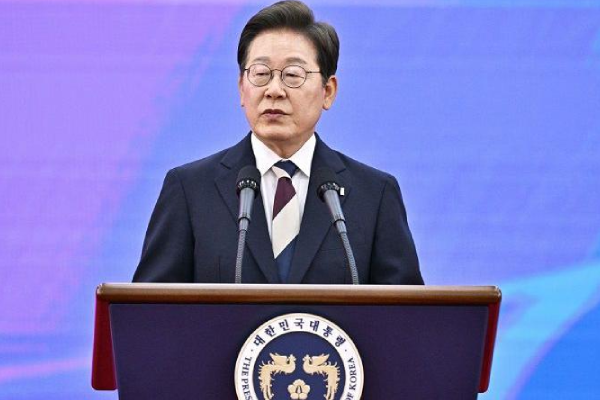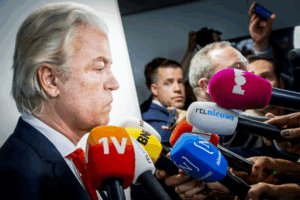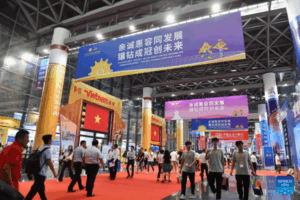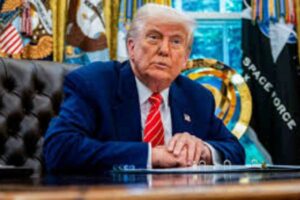South Korea’s new liberal President, Lee Jae-myung, has pledged to liberate the country from what he described as near-destruction caused by a martial law attempt and to rehabilitate a failing economy facing international protectionism.
Lee’s strong victory in Tuesday’s snap election is expected to bring in a sea shift in Asia’s fourth-largest economy, after a reaction against a bungled attempt at military control brought down Yoon Suk Yeol barely three years into his turbulent administration.
He faces what could be the most difficult collection of difficulties for a South Korean leader in over three decades, ranging from rebuilding a country badly scarred by the attempted martial law to dealing with unpredictable protectionist moves by the United States, a major commercial partner and security ally.
Lee was officially confirmed earlier Wednesday as president by the National Election Commission and immediately assumed the powers of the presidency and commander in chief, speaking with the top military leader to receive a report on defence posture.
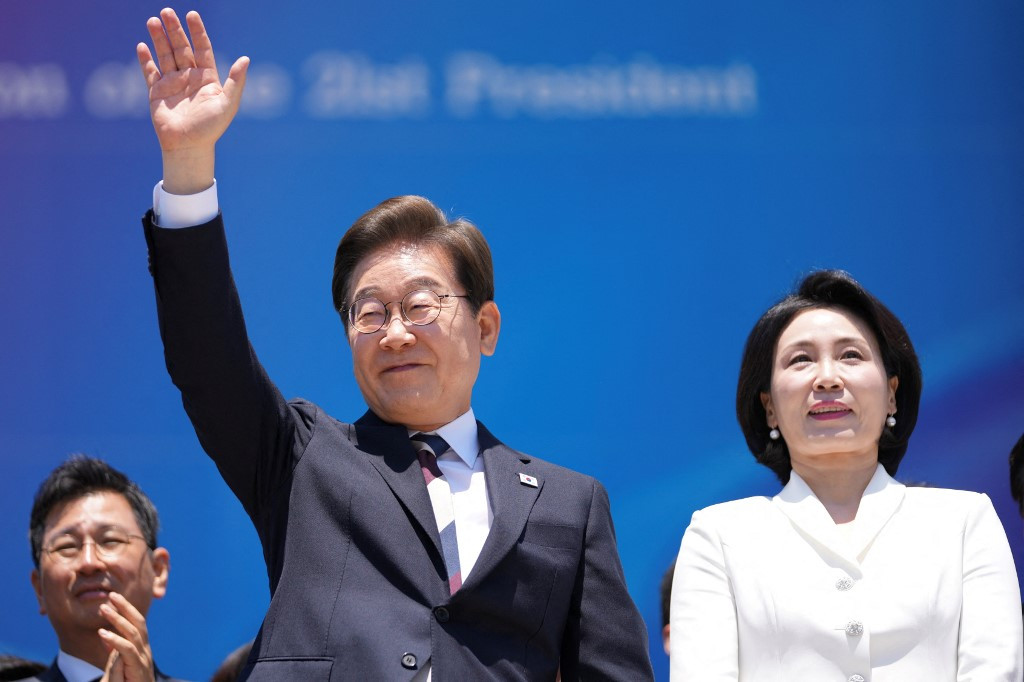
Lee won 49.42 per cent of the nearly 35 million votes cast while conservative rival Kim Moon-soo took 41.15 per cent in the polls, the highest turnout for a presidential election since 1997, official data showed.
Lee has said he would address urgent economic challenges facing the country on the first day in office with a focus on the cost-of-living concerns affecting middle and low-income families and the struggles of small business owners.
The new president also faces a deadline set by the White House on negotiating import duties that Washington has blamed for a large trade imbalance between the countries.
South Korean stocks rallied on Wednesday, with the benchmark KOSPI rising more than 2 per cent to a 10-month high, with the financial sector leading the gain on expectations of market reform by Lee. Renewable energy stocks also rose. Lee has pledged a shift to a greener energy mix.
In a bid to fill a long-running power vacuum, Lee nominated Kim Min-seok, a four-time lawmaker, as his prime minister on Tuesday.
Kim made waves when he predicted in August last year that Yoon may declare martial law, roughly three months before Yoon’s short-lived decree to impose martial law.
The government under a caretaker acting president had made little progress in trying to assuage crushing tariffs announced by US President Donald Trump that would hit some of the country’s major industries, including autos and steel.
US Secretary of State Marco Rubio congratulated Lee on his election win and said the countries “share an ironclad commitment” to their alliance grounded on shared values, and deep economic ties.
The White House said the election of Lee was “free and fair” but the United States remained concerned and opposed to Chinese interference and influence in democracies around the world, according to a White House official.
Lee has stated more conciliatory views for relations with China and North Korea, emphasizing the importance of China as a key commercial partner but declining to take a clear stance on security problems in the Taiwan Strait.
Nonetheless, Lee has committed to continue Yoon’s engagement with Japan and stated that the relationship with the United States is the foundation of South Korea’s global diplomacy.

